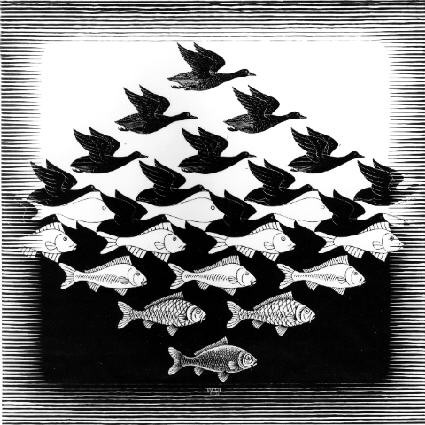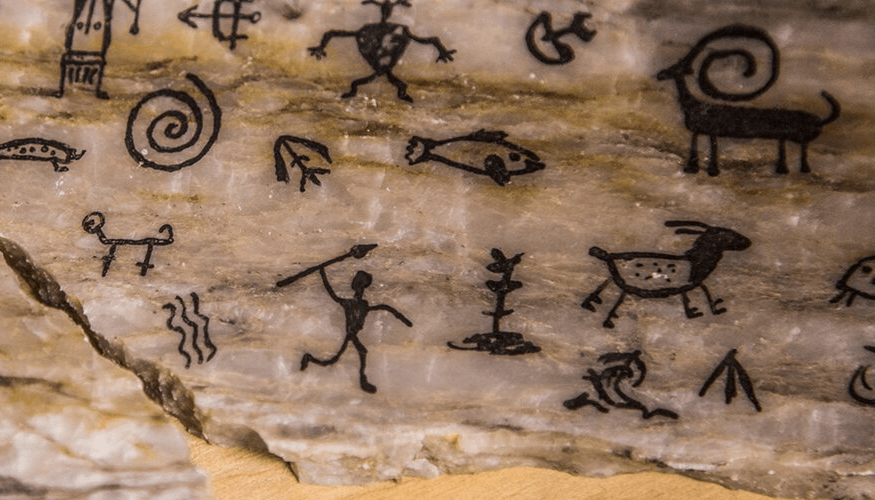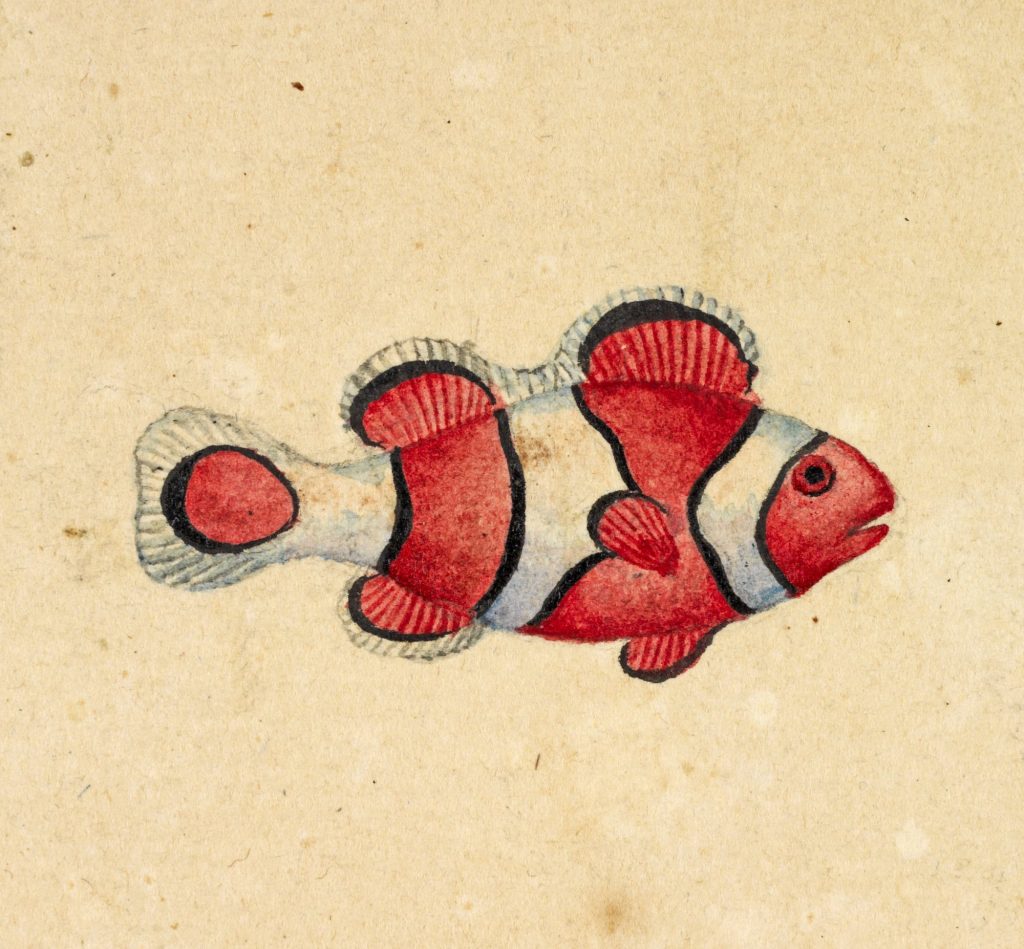[Pour les ateliers en français, cliquez sur le drapeau français dans le menu]
Darwin as your clinical supervisor!
Mastering the evolutionary processes of Process-Based Therapy
Registration open
Workshop objectives – Genesis of this workshop – An integrative model? – What will you learn? – Practical information – Trainer – Readings (optional!)
* Workshop objectives

This workshop is the very first to propose a clinical application of evolutionary principles at the center of Process-Based Psychotherapy, Acceptance and Commitment Therapy (ACT) and Relational Frame Theory (RFT) reflections. Based on the Extended Evolutionary Meta-Model of processes of change proposed by Steven Hayes et al. (2019) and on RFT, you will discover how to use evolutionary processes in your everyday practice. Without the need for prior knowledge on evolution or biology, and with step by step guidance, you will learn how to
- conceptualize clinical situations according to evolutionary processes
- build a therapeutic plan using these processes
- Develop your clinical skills according to evolutionary processes and evaluate which of your current practices already fit into them
The theory of evolution is the “model of models” (Hayes et al., 2019). Natural selection and evolutionary processes govern all living things, including behaviors, thoughts, emotions, attention, motivation, and the Self. These processes can be used by therapists to help patients to evolve, to find an adaptation to their emotions, thoughts and environment.
* This workshop is the result of twenty years of reflection about evolution and its application in my own clinical practice

I have long had a passion for great apes and an interest in the evolution of mankind. I spent my third year at university reading everything on these questions I could get my hands on (sometimes at the risk of failing my year…). At that time, I read an article, which is now a reference, in which BF Skinner (1981) proposed the idea that operant learning, which governs a large part of behaviors, is based on the same mechanism as natural selection.

Since then, this idea of a parallel between evolution at the scale of the species and the evolution of each one of us has never ceased to fascinate me. The very first article I published, in 2000, already dealt with the use of the evolutionary model in psychology. Then I took my thinking further in my book Change thanks to Darwin (in French), in which I proposed the use of evolutionary principles to change our daily behaviors. Finally, since 2016, with Steven Hayes, we have made progress in understanding and managing psychological issues using evolutionary processes. We have published four chapters on these issues.
Although Skinner’s (1981) article was a landmark, a connection with the evolutionary sciences has only recently taken place, through a book to which I had the pleasure of contributing, the fruit of collaboration between contextual behavioral and evolutionary scientists. Contextual behavioral science, and more generally psychology, have much to contribute to evolutionary science. We can also bring much to patients by building on the principles discovered in evolutionary science.
* Does the use of evolutionary processes constitute an integrative model?

It is always difficult to define what is meant by “integrative model” in psychotherapy . However, psychotherapeutic exercises developed in different traditions can be integrated into a therapeutic practice as long as the processes targeted are common. As a “model of models”, the evolutionary model provides a robust and productive integration framework within which approaches from any therapeutic approach can be used. In other words, any method that helps to increase functional behavioral variation, reconnect to significant parts of the environment to benefit from better selection factors, and help to maintain adapted behaviors, can be considered as relevant use of the evolutionary model in psychotherapy.
“Nothing in psychology makes sense except in the light of evolution”
(almost Theodosius Dobzhansky)
* What will you learn in this workshop?
| KNOWLEDGE | SKILLS |
| – Levels of selection – Evolutionary principles and their application to behavior – The place of behavior in evolution – The mechanisms of language and cognition and their impact on the evolution of the human species – How Evolutionary and Language Principles Explain Psychological Disorders | – Conceptualizing a clinical situation and build a therapeutic plan in terms of evolutionary processes – Increasing patients’ behavioral, cognitive, emotional variability and flexibility – Bringing patients into contact with a wide range of selection factors for behaviors (including symbolic selection factors) – Helping patients to organize contexts favoring an adapted selection of their behaviors – better varying and selecting your behaviors as a therapist – carving a stone tool as in the Paleolithic period |
* Practical information
The workshop will be held live on Zoom on 4 Tuesdays in 2021:
Dates:
January, 19th
February, 2nd
March, 2nd
March, 23rd
Hours:
PST (Seattle): from 8 am to 11 am
EST (New-York): from 11 am to 2 pm
CET (Paris): from 17h to 20h
Check the hour in your timezone
* Fees:
Standard Price: 350 euros
Early bird (until December, 29th, 2020): 315 euros
* Trainer

Jean-Louis Monestès, Ph.D., is a full Professor of clinical psychology and a clinical psychologist. He has been exploring the use of evolutionary principles in psychology for 20 years. He published several chapters on evolutionary processes in clinical psychology with Steven Hayes and David Sloan Wilson and several articles and books on Acceptance and Commitment Therapy and Relational Frame Theory. He is a clinical supervisor for ACT/RTF and leads the Clinical Psychology and Cognitive Processes research team in his Lab at Grenoble Alpes University, France. (he’s also a fraud because this picture doesn’t really look like reality anymore….)